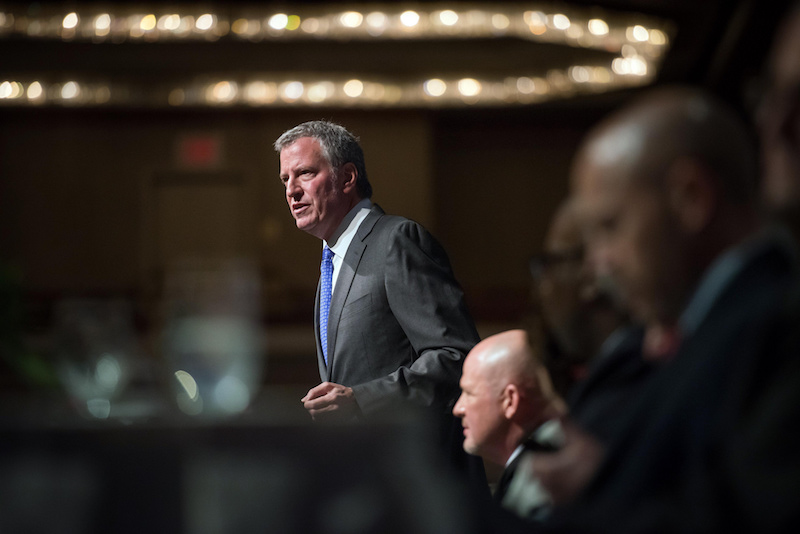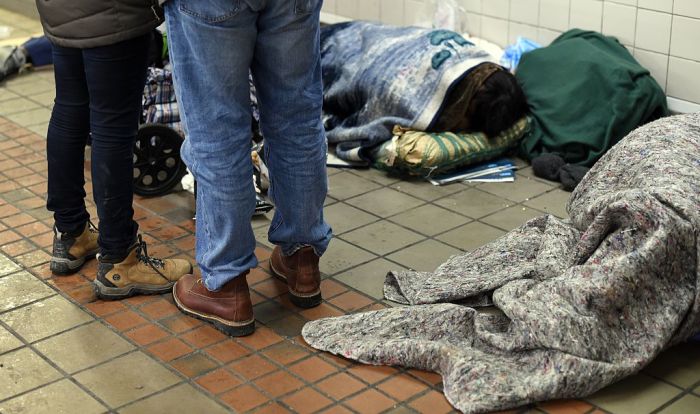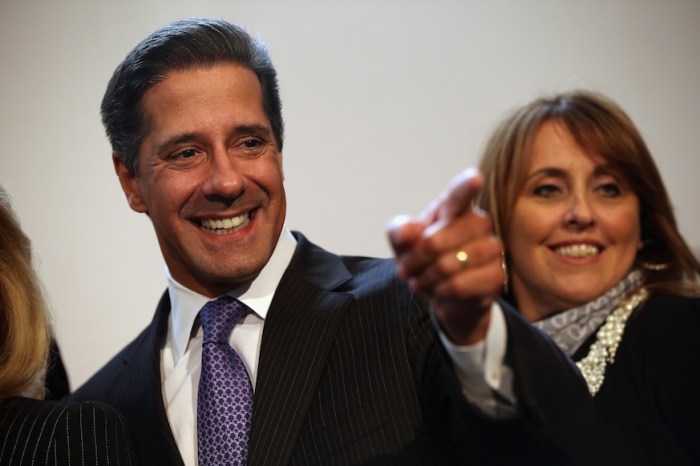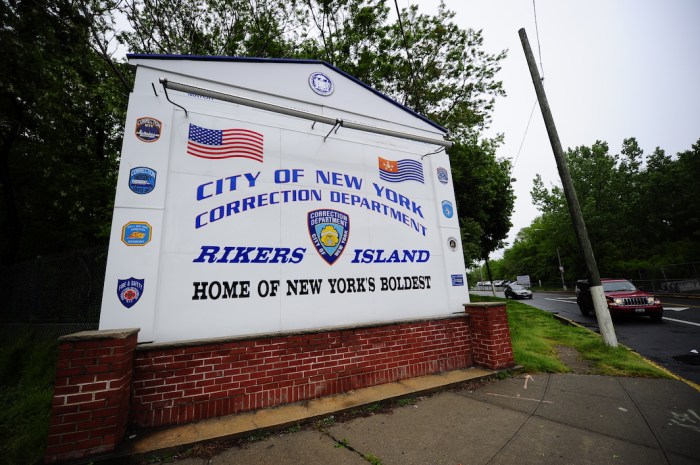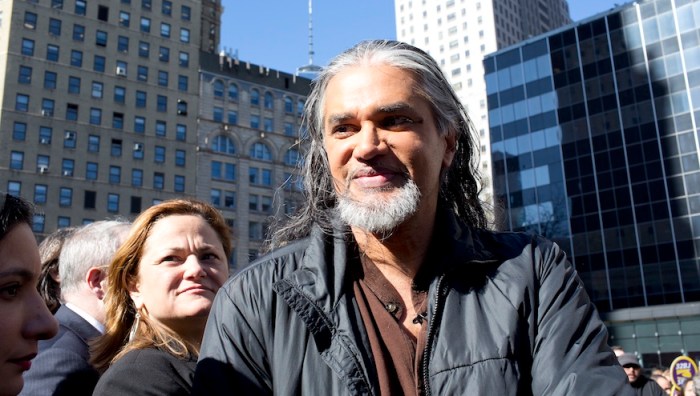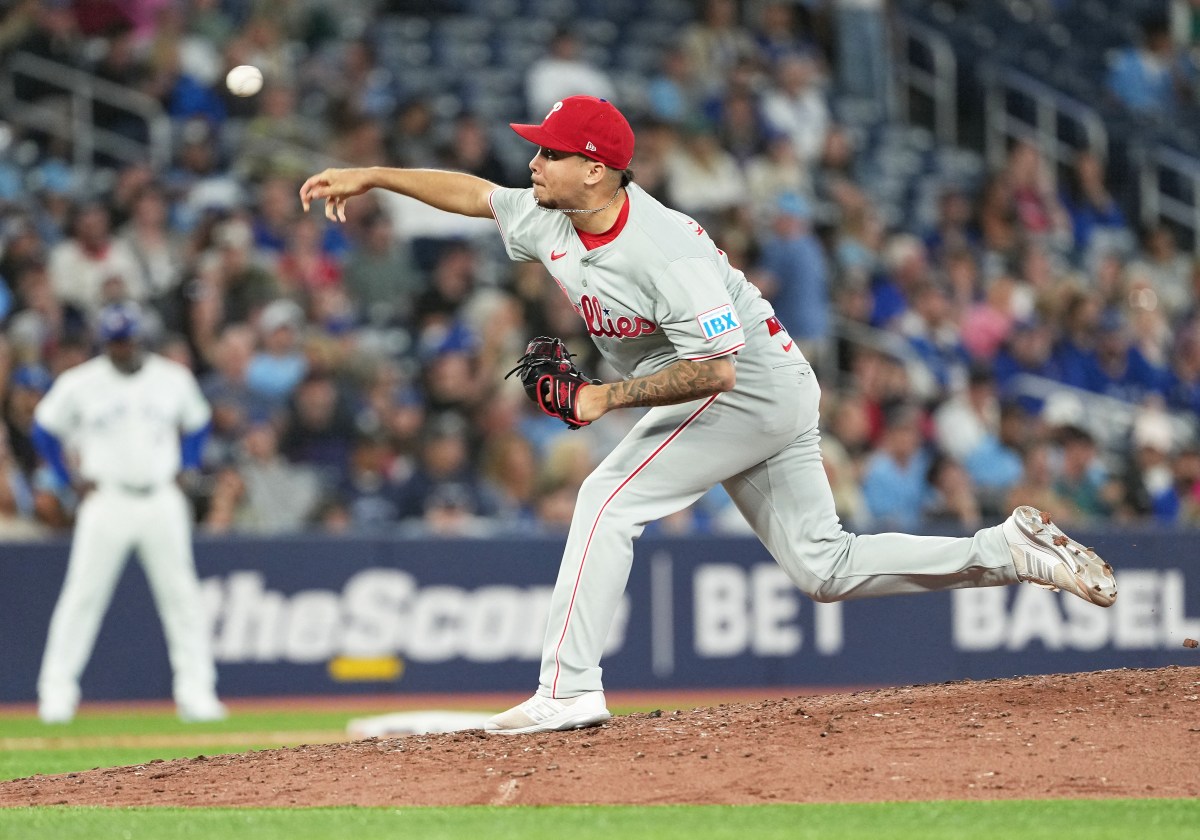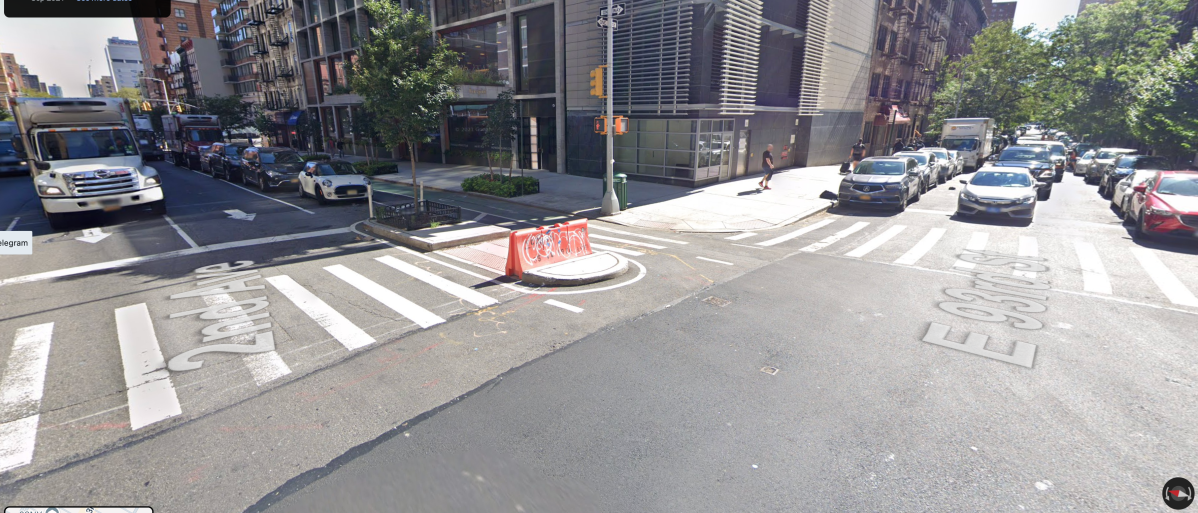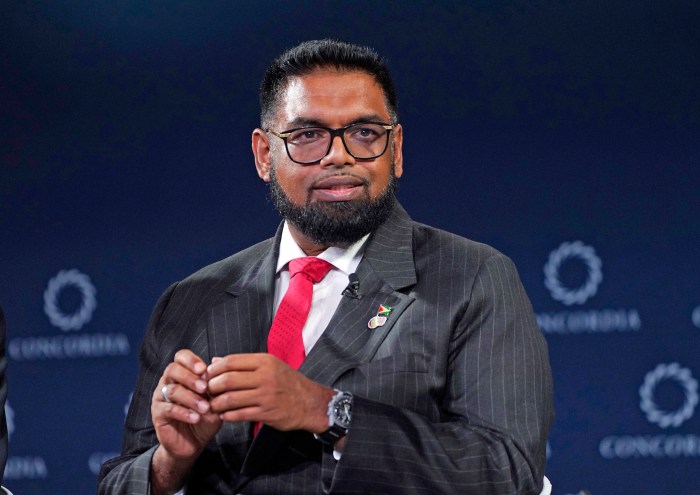New Yorkers with no prior record who are found smoking marijuana in public will face criminal summonses rather than arrests under a new policy Mayor Bill de Blasio announced on Tuesday.
The change marks a shift in marijuana enforcement in New York City as a way, the mayor said, to balance fairness with public safety and quality of life concerns. The new policy, which will go into effect by Sept. 1, 2018, is expected to lead to 10,000 less marijuana arrests per year throughout the five boroughs.
“Nobody’s destiny should hinge on a minor nonviolent offense,” de Blasio said in a statement. “This new policy will help reduce unnecessary arrests, while making our city fairer and safer.”
The mayor noted that this will also help the city’s goal to lessen incarceration rates. The jail population is down 20 percent in New York City, de Blasio said, which is “crucial to the future of this city and the families of this city.”
Some New Yorkers will still be subjected to arrest, though: if they are on probation or parole, have existing criminal warrants, do not have identification, have a recent documented history of violence or if their smoking poses an immediate public safety risk, like while driving a car.
Currently, about 40 percent of people arrested for smoking marijuana had no prior arrest history, according to the city.
“We know that it is not productive to arrest people who have no prior criminal history,” said NYPD Commissioner James O’Neill in a statement. “In fact, it hampers our efforts to build trust and strengthen relationships with the people we serve, and it does nothing to further the NYPD’s mission of ridding our streets of those responsible for violence and disorder. Issuing summonses for marijuana offenses that do not directly affect public safety will allow our officers to do their jobs effectively and safely, and in a way that always promotes public safety and quality of life for all New Yorkers.”
O’Neill said that the NYPD does not target anyone based on race for arrests, but other officials noted that people of color are disproportionately affected by marijuana enforcement. City Council Member Donovan Richards said that 86 percent of marijuana arrests in New York City are of people of color, even as studies show that all races smoke marijuana at the same rates on average.
Not everyone is convinced this new policy will make much of a difference, however. Council Member Rory I. Lancman, chair of the Committee on the Justice System, said in a statement that while this is a “marginal” improvement, it’s a missed opportunity for more action.
No one should be arrested for smoking marijuana, period,” he said. “Further, the mayor’s policy does not attempt to reduce criminal summonses at all, still allows arrests in circumstances that cannot be justified by public safety, will likely make marijuana policing even more discriminatory toward people of color, continues to expose noncitizens to deportation and takes no steps to eliminate the collateral consequences which are in the city’s control.”
Changing attitudes toward marijuana
The mayor first said that he wanted to stop arresting people for smoking marijuana back in May. The official announcement of the policy change comes from the completion of a 30-Day Marijuana Working Group, initiated by the mayor and conducted by NYPD.
That group, the city said, took a look into why there are differences in marijuana arrest rates and how the city could lessen arrests for marijuana offenses “if and when those arrests do not impact public safety or reduce quality of life.”
While most New Yorkers surveyed by the working group said that public marijuana smoking was a “nuisance” that should be stopped — in fact, New Yorkers made 52,000 complaints about people smoking marijuana in 2017 — most still favored summonses for the issue over arrests.
Summons are not finger-printable offenses, and the criminal court summons fine will be up to the court to decide, officials said. The statutory limit for a first offense is up to $100 but “more often than not” the amounts will be much lower, according to officials. New York City is working to address how those with prior marijuana-related records will be affected by this and if and how those records can be expunged.
Recreational marijuana is sweeping the country, but even in the nine states where it is legal, it remains illegal to smoke marijuana in public.
“We know there’s a bigger discussion happening in this state, this nation on the question of marijuana policy and we have to be prepared for that,” the mayor said at Tuesday’s press conference. “But we’re doing what we can do right now. We’re doing what we can do in this city to be fairer, to listen to the voices of people.”
New York state currently allows medical marijuana, and soon, may allow recreational marijuana use. A study commissioned by Gov. Andrew Cuomo will recommend that the state allow adults here to consume marijuana legally.
“The report is being finalized, but it concludes the pros of a regulated program outweigh the cons,” said New York State Health Commissioner Dr. Howard Zucker in a statement. “The report also concludes that should a regulated program be implemented, special consideration will need to be given to a number of factors including the age of who can purchase marijuana, who can grow and distribute it, the location of dispensaries, and at what rate the product would be taxed. The report raises a number of thoughtful questions and we look forward to delivering it for Governor Cuomo’s review.”

